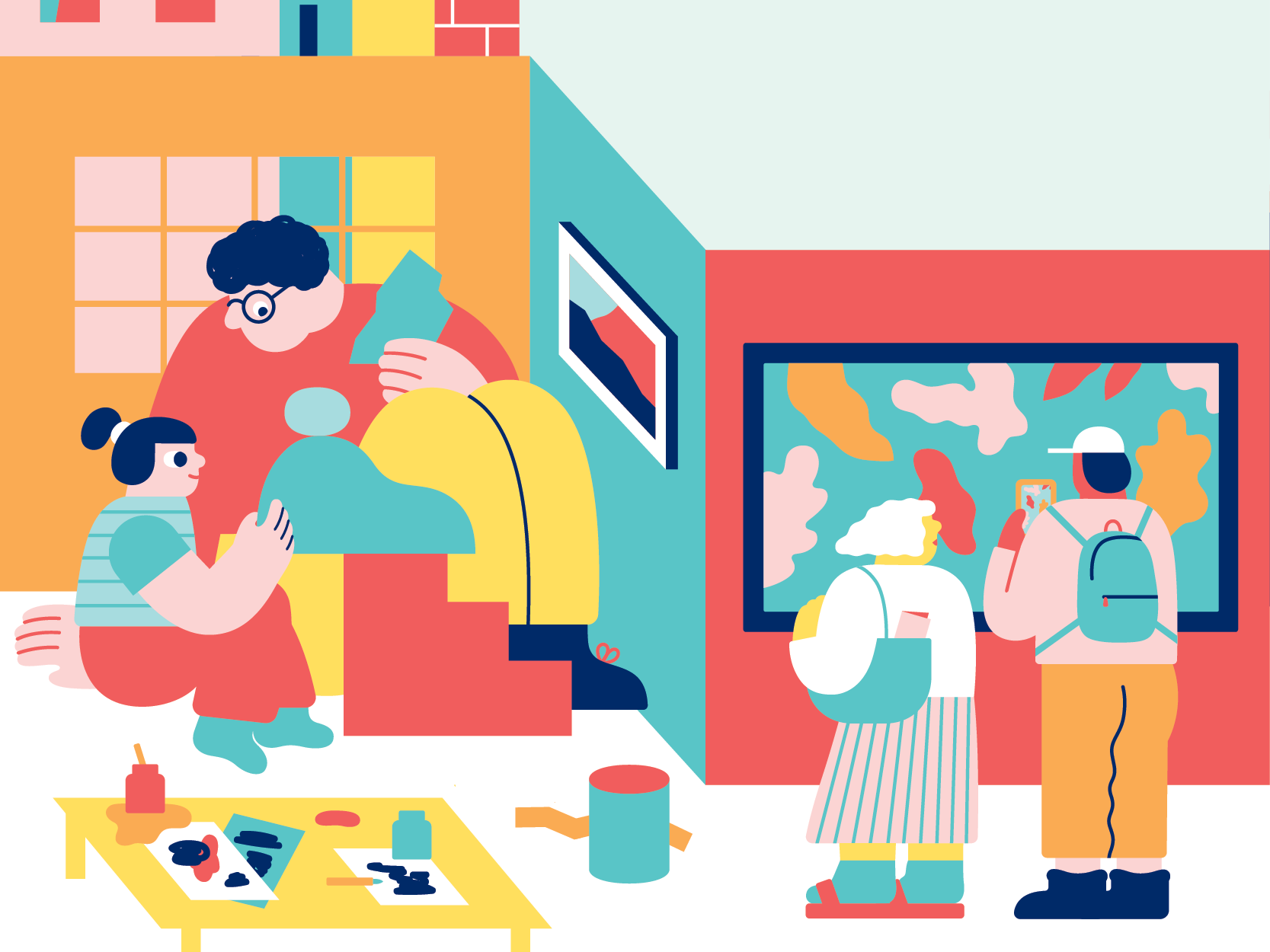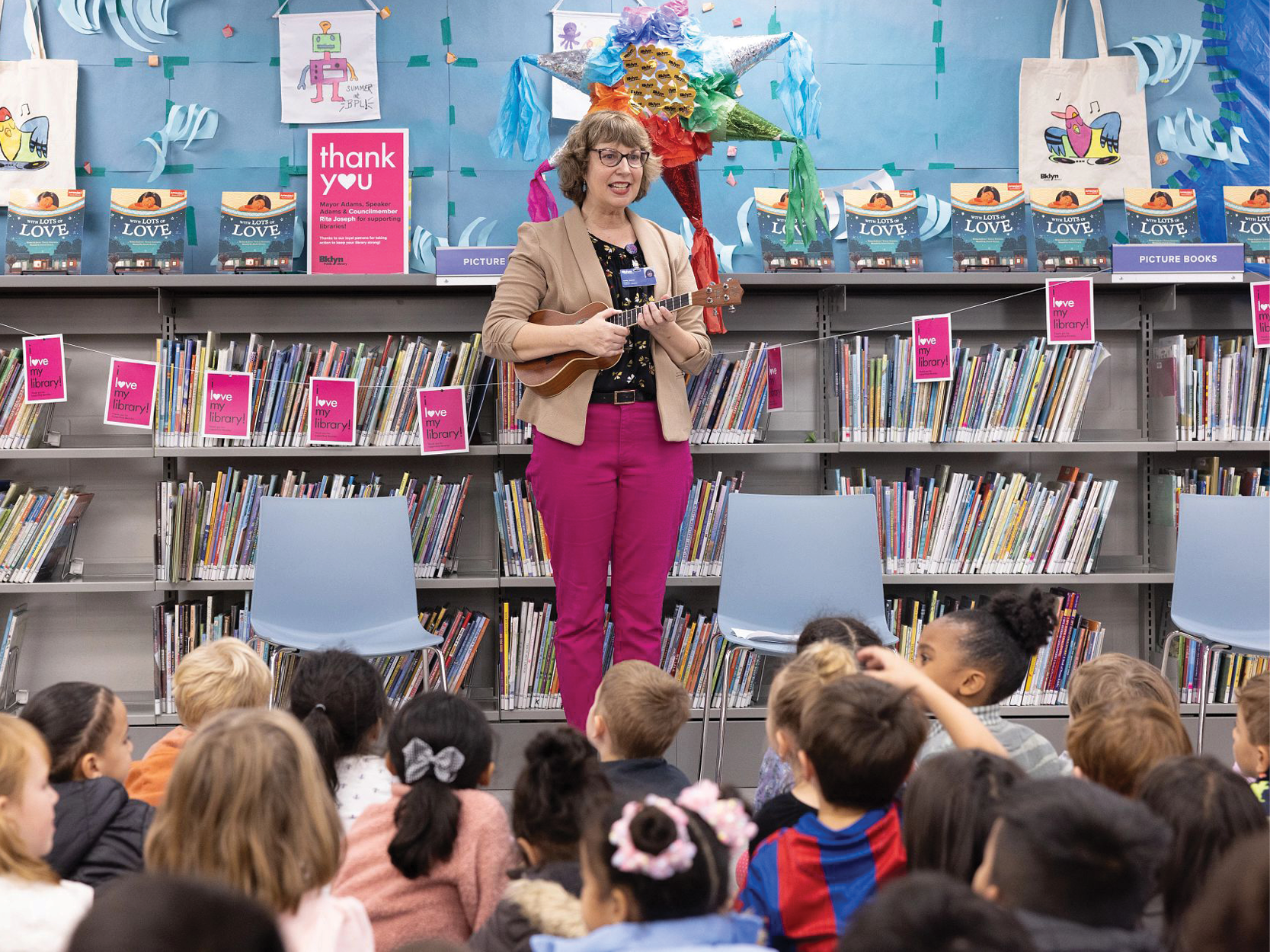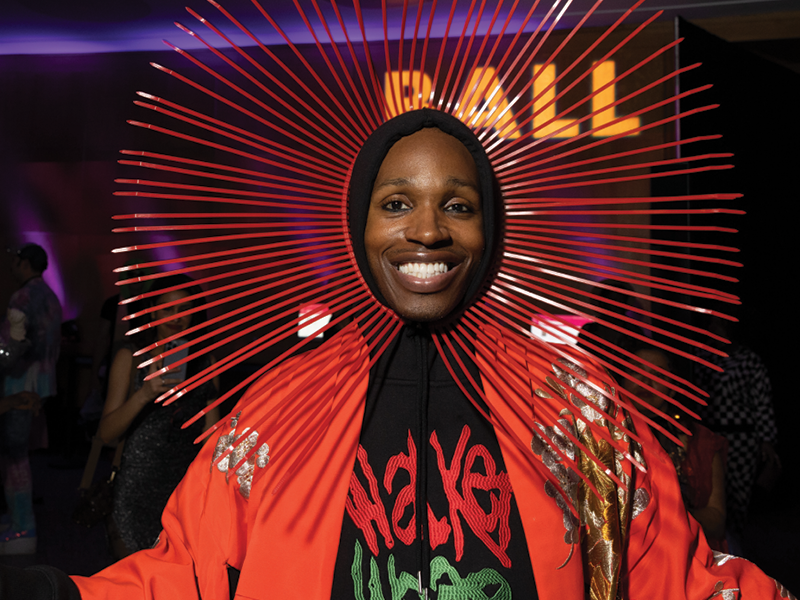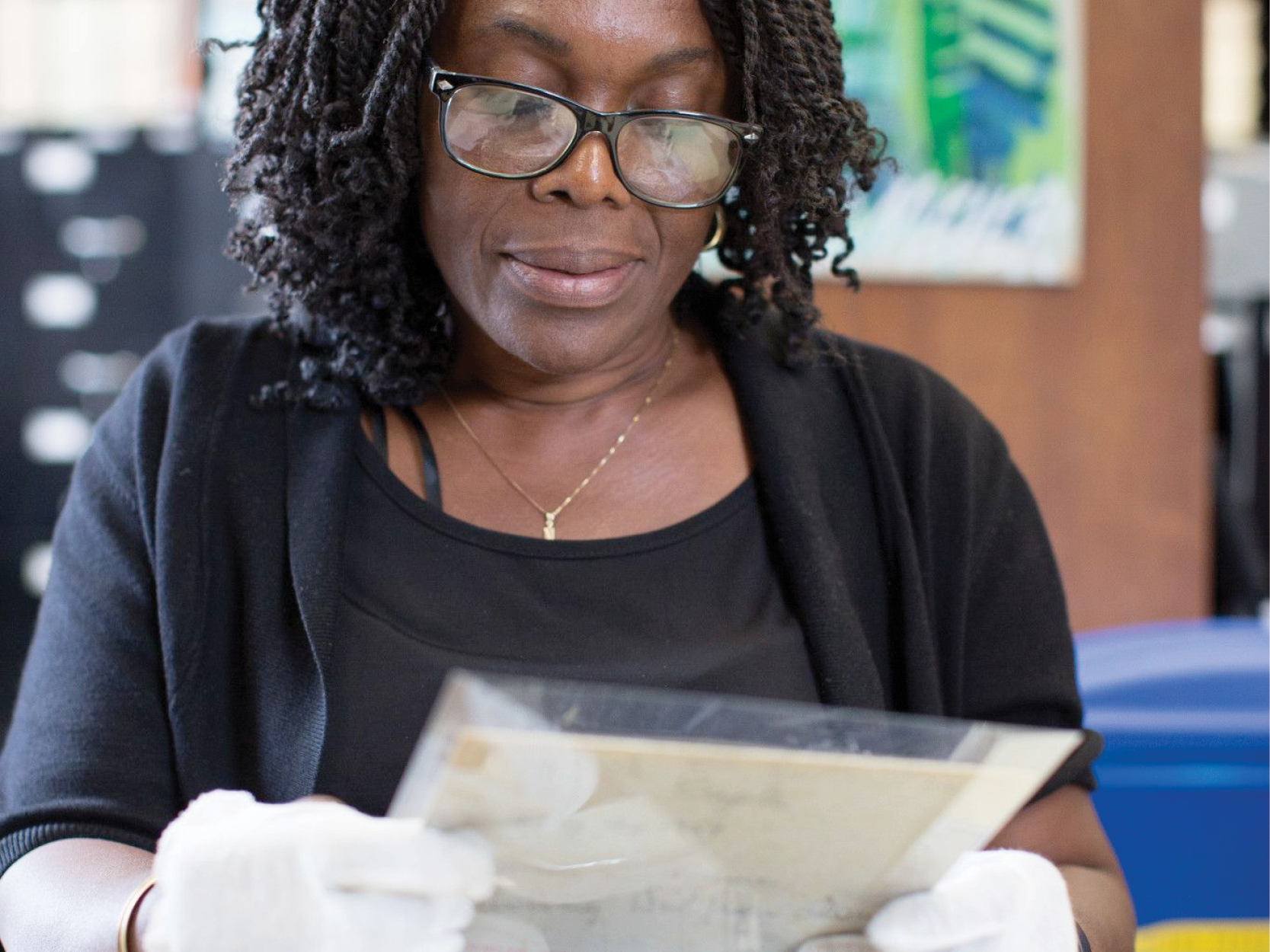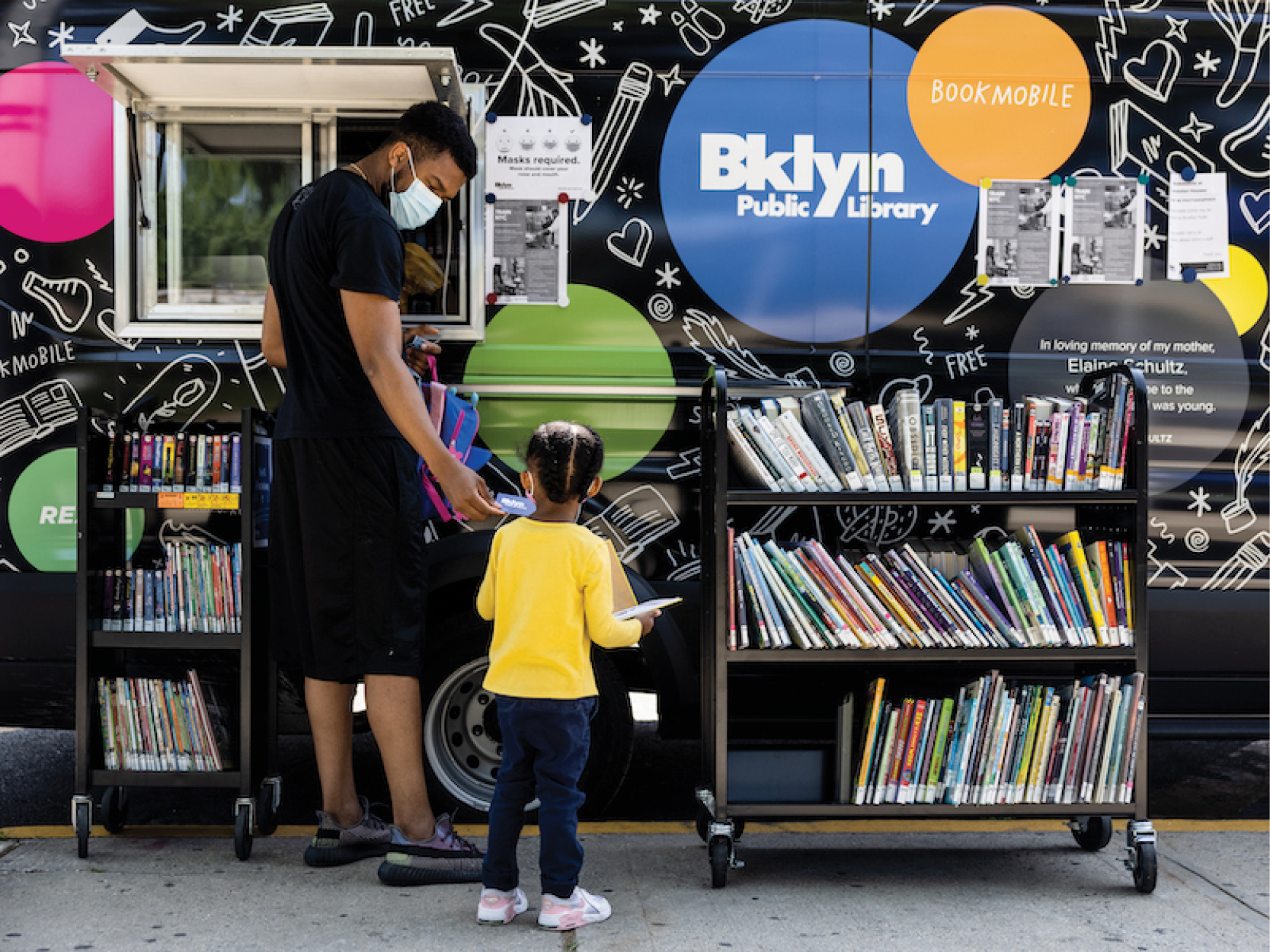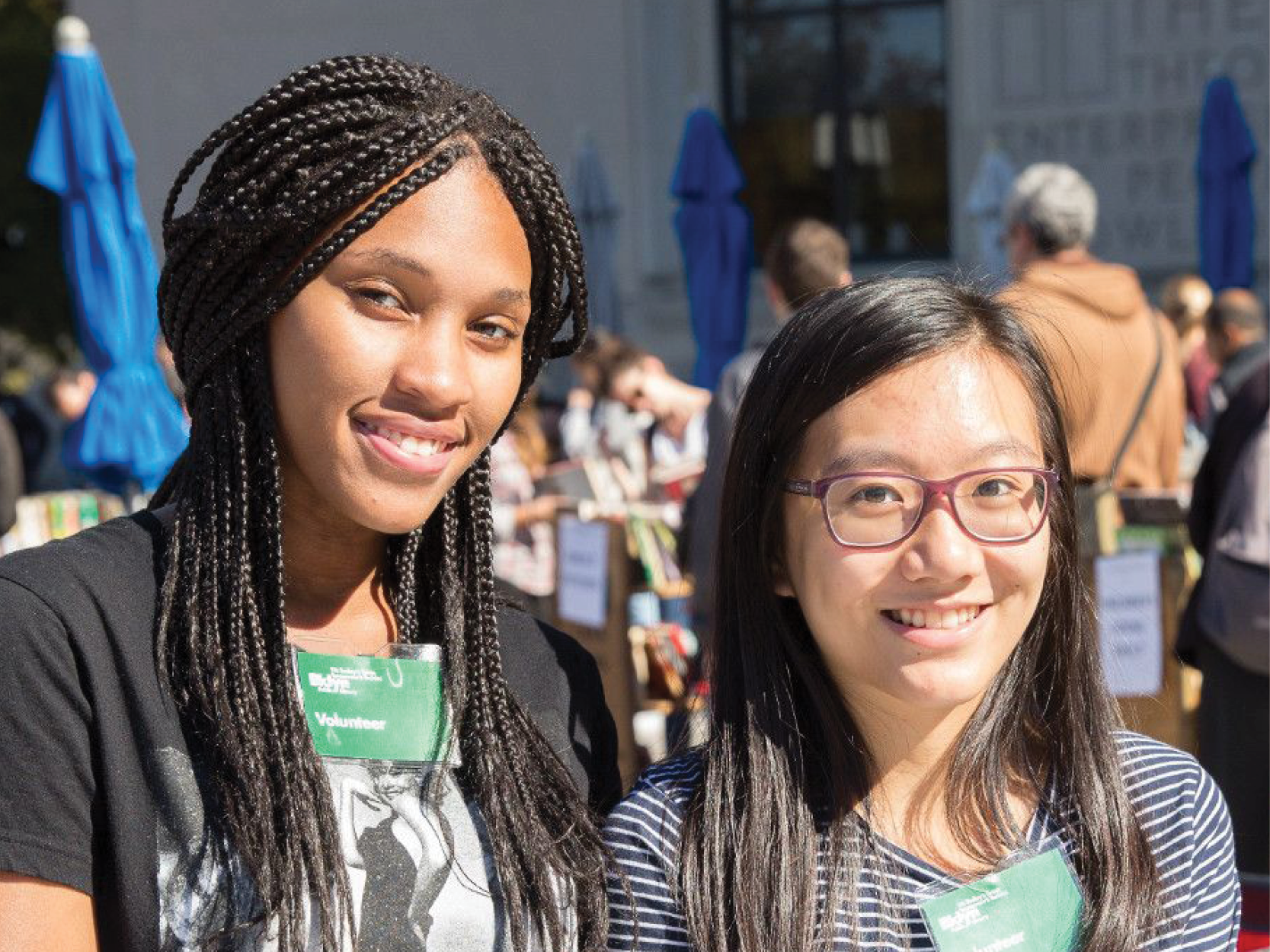 Welcome to the first post of the Work Life blog! We are looking foward to covering work-related topics including job hunting, workplace situations and advice, workers' rights, entrepreneurship and especially, freelancing.
Welcome to the first post of the Work Life blog! We are looking foward to covering work-related topics including job hunting, workplace situations and advice, workers' rights, entrepreneurship and especially, freelancing.
We're starting with an interview with a freelancer; the first of a series documenting diverse experiences of freelancing in and around NYC in the time of COVID and beyond.
Larry Fitzmaurice is a writer and editor from New Jersey who currently resides in Williamsburg, Brooklyn with his wife, who works as a children's librarian for the Brooklyn Public Library, as well as their black cat Panda.
What is your side gig?
For now, this is my main gig. I quit my most recent editorial job in February of this year, and so far have been freelance writing/editing/consulting as a music writer and in the music industry since.
How long have you been doing this freelance work?
I started freelancing in February of 2018, did so for well over 18 months, and picked it up again this past February—so, I guess about two years.
What are your qualifications for doing this kind of work (credentials, experience, etc.)?
I've been professionally writing and editing—specifically when it comes to cultural coverage—since 2007.
How did you get started? Are there start-up costs for this type of work?
As soon as I left my job to freelance in the winter of 2018, I started setting up assignments with editors and reaching out about permalance work. There wasn't too much cost in terms of getting started, all I need is a computer and an internet connection.
Is the gig work done for an employer or are you truly “your own boss”?
I'm my own boss in that I set my own schedule, but I've worked for people in contract or permalance capacities all the time, so it's a mix of both.
What is your primary reason for doing the side gig work?
My industry has been collapsing when it comes to full-time jobs for several years, and freelancing as a writer and editor is currently the only option when it comes to finding professional fulfillment.
What is the approximate number of hours per week or month that you do the freelance work?
A productive week means I'm working 35 hours a week. Since the pandemic there's been less work, so that number fluctuates by 5 or so hours weekly.
How do you get clients? How much marketing/advertising/promotion do you do? What are the costs for that?
Pitching or word of mouth, mostly. I market myself on social media with no paid promotion, so there's no overhead for what I do.
How do you set your fees?
If I'm asked what my rate is, I typically tell the client and negotiate if necessary. If it's an assignment that's given to me, the rate is more typically set by the editor or client.
Is this work steady throughout the year or is it seasonal, or does demand vary?
Since I work alongside the music industry, demand typically fluctuates on a quarterly basis. Most holidays are dead for me as well as the time around them. In general, the volume of work fluctuates regardless of the time of year.
Can the work you do be done virtually/remotely?
Yup—all of it, in fact. The only exception is in-person profiles, which have increasingly ceased to exist in media pre-pandemic regardless.
Do you get paid in advance or do you invoice after the work is done, or do you have some other payment arrangement?
Typically after the work is done. Sometimes, a very long time after the work is done! (In at least one instance, I've had to threaten a client with a lawsuit to recover funds. The longest I've ever waited was an entire year.) Occasionally I get paid ahead of time, and I am very thankful for that.
What do you like most about the freelance work you do?
The freedom to pursue what I want, and the unpredictability of every day.
What do you like least about the freelance work you do?
The financial instability. (Although, with most leisure activities more or less disappeared during the pandemic, incidentally spending less than usual makes that a little easier.)
What is the biggest challenge of doing this side gig work?
Self-motivation, and the constant necessity of letting life in between work. (Although I think that's just a problem with work in general, whether it's freelance or full-time.)
If someone is considering doing the same side gig work that you do, what would be your advice to them?
Don't get disappointed when times are leaner and assignments are less consistent—things change all the time, which is a perspective that's good to have in life in general.
-----
Selected resources for freelancers:
The Freelance Isn't Free Act establishes and enhances protections for NYC freelance workers: specifically, the rights to a written contract, timely and full payment, and protection from retaliation.
The Freelancers Union provides advocacy, programming and curated insurance benefits for freelancers through partnerships.
This blog post reflects the opinions of the author and does not necessarily represent the views of Brooklyn Public Library.
Post a Comment
While BPL encourages an open forum, posts and comments are moderated by library staff. BPL reserves the right, within its sole discretion, not to post and to remove submissions or comments that are unlawful or violate this policy. While comments will not be edited by BPL personnel, a comment may be deleted if it violates our comment policy.
eNews Signup
Get the latest updates from BPL and be the first to know about new programs, author talks, exciting events and opportunities to support your local library.

